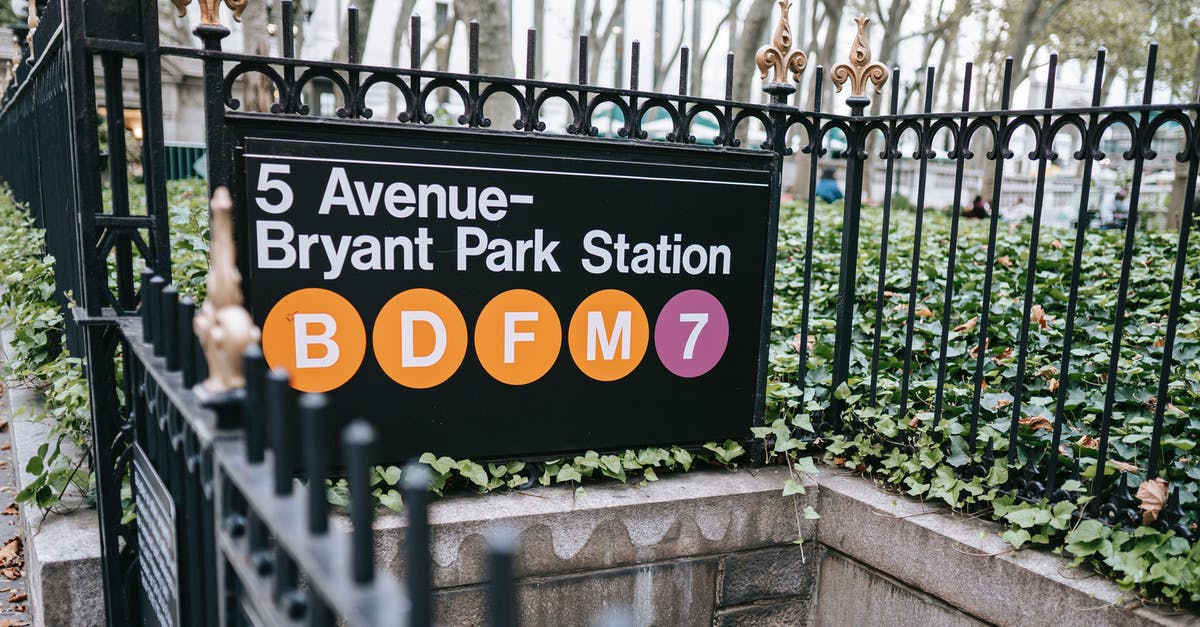Is there a way to know if you have a three or ten year ban from entering the US?

Came over as a nanny on a J-1 on a one year visa. Worked as a nanny for six months, then mutually ended employment with family. Continued to stay in the US but was unable to find another job. Continued to stay even after the expiration of the visa, so now officially an overstay. Left on own before the one year anniversary of the I-94 form.
Is this less than a one year overstay since left voluntarily before the one year anniversary of the I-94, so a three year ban?
Or does the overstay start from the termination of employment making it more than a year, so a ten year ban?
Is there any way to check with the embassy or USCIS to see what the ban is? Or maybe they are not even aware of the overstay so this would be a bad idea, telling them about it.
Best Answer
Is this less than a one year overstay since left voluntarily before the one year anniversary of the I-94, so a three year ban? Or does the overstay start from the termination of employment making it more than a year, so a ten year ban?
It depends on a few factors, including (1) what it says on your I-94, (2) the dates when you overstayed - USCIS published a new policy in 2018, (3) whether the pending court cases regarding the new policy are settled in favour of USCIS and if so, what the effective date ends up being for the new policy, (4) whether there is any mail from DHS you might have missed.
This is a complicated area of the law and it is best to consult with a lawyer.
Is there any way to check with the embassy or USCIS to see what the ban is?
The general answer to this kind of question is: the only way to know for sure whether DOS considers you to have a 3- or 10-year bar is to apply for a visa. The only way to know for sure whether DHS considers you to have a 3- or 10-year bar is to apply for admission. If the visa or admission is refused with the code 212(a)(9)(B)(i)(I), then you have a 3-year bar. If the code is 212(a)(9)(B)(i)(II), you have a 10-year bar.
Or maybe they are not even aware of the overstay so this would be a bad idea, telling them about it.
Note that when you apply for a visa, you are required to answer "yes" to the question asking whether you ever overstayed your status or otherwise violated the terms of your admission during any previous travel to the US, and you will have to provide an explanation. DOS will then determine whether a bar exists.
Finally, keep in mind that even if you don't have a statutory bar, the overstay will weigh heavily against you in future visa applications (i.e., as evidence that you might overstay again or attempt to live in the US permanently).
Pictures about "Is there a way to know if you have a three or ten year ban from entering the US?"



Can I return to the US after a 10-year ban?
Which Deportees Face a Ten-Year Ban. If an IJ issued a removal order at the conclusion of your removal hearing in Immigration Court, you may not return to the United States for ten years after your removal or departure.Can the 10-year ban be waived?
Waivers of the 3- or 10-year unlawful presence bars are available only to people who can show that certain members of their family would suffer \u201cextreme hardship\u201d should they be separated.What does a 10-year ban mean?
The ten-year ban applies to individuals who have accrued more than a year of unlawful presence in the U.S. If they leave the country, they will be unable to enter for 10 years.Can you be deported after 10 years?
Once you have been deported, the United States government will bar you from returning for five, ten, or 20 years, or even permanently. Generally speaking, most deportees carry a 10-year ban.What is the 10-Year Bar on Re-entering the U.S.?
Sources: Stack Exchange - This article follows the attribution requirements of Stack Exchange and is licensed under CC BY-SA 3.0.
Images: Enric Cruz López, Charles Parker, Charles Parker, Charles Parker
